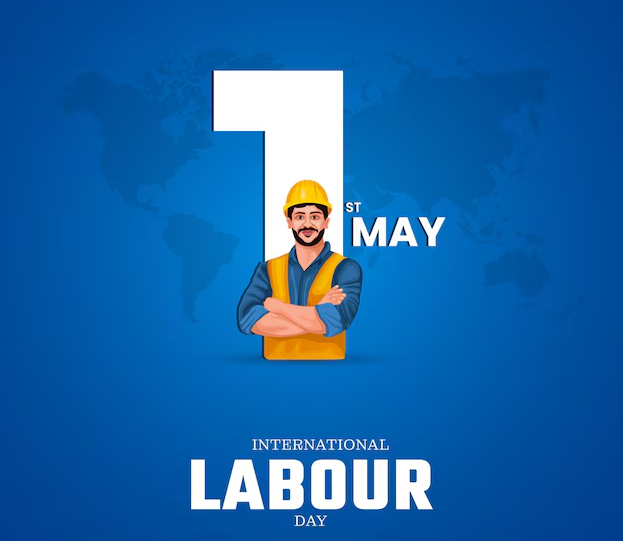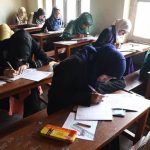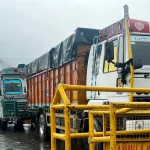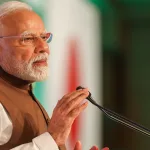Every year on May 1st, the world observes International Labour Day or May Day. It is a day dedicated to the working class, commemorating their struggles and celebrating their invaluable contributions to society. Originating from the labour movement in the late 19th century. May Day is a reminder that the progress and prosperity we enjoy today are built upon the hard work, resilience and sacrifices of millions of labourers.
The significance of labour in society cannot be overstated. It is through the hands of labourers that nations are built, infrastructure is developed, and daily life continues smoothly. From construction workers and farmers to factory workers and artisans, every profession that involves physical and mental effort is crucial. Yet, while their work sustains us, the dignity of labour often goes unrecognized.
In the formal teachings of Islam, the dignity of labour holds a sacred place. Prophet Muhammad (SAW) emphasized fair treatment and respect for workers. In a famous hadith, the Prophet (SAW) said: “Give the worker his wages before his sweat dries.”
This statement is a powerful call for justice, timely payment, and respect for the rights of those who toil. The Prophet himself engaged in labour and appreciated its value, setting an example for all of humanity. Sadly, the ground reality often contrasts sharply with these noble ideals.
In Kashmir, the situation presents a unique socio-economic dynamic. While the region sees a substantial influx of labourers from outside the Union Territory particularly from states like Uttar Pradesh, Bihar, West Bengal, and Rajasthan, the local youth seem increasingly disinterested in manual labour. Many young Kashmiris are caught in a comfort zone, aspiring only for white-collar government jobs, which are, in reality, limited in number especially under the present circumstances.
This overdependence on non-local labourers for construction, road work, carpentry, and even agricultural activities highlights a worrying trend. The youth’s aversion to physical labour not only undermines the dignity of such work but also perpetuates unemployment and economic stagnation. A society that looks down upon honest labour while waiting endlessly for prestigious positions is setting itself up for structural weakness.
Restoring the dignity of labour must therefore become a collective mission. It starts with changing mindsets and acknowledging that no work is inferior as long as it is honest. Parents, educators, religious leaders, and policymakers have a role to play in encouraging youth to engage in all forms of productive work without shame. Media platforms, including social media and educational channels, should actively promote stories that highlight the importance of labour and the success of those who started from humble beginnings.
Furthermore, respecting the rights of labourers be they local or migrant is essential for creating a just society. This includes ensuring fair wages, safe working conditions, and legal protection from exploitation. In Kashmir, where migrant workers contribute significantly to the economy, it becomes even more important to uphold their dignity and well-being, rather than treating them as second-class citizens.
Governments at all levels must also expand skill development programs, making vocational training more attractive and accessible to the youth. By creating avenues for dignified self-employment and skilled labour, we can bridge the gap between aspirations and opportunities.
As we observe May Day this year, let us remember that true progress is not merely measured by skyscrapers and statistics, but by how we treat those who build those skyscrapers and power those statistics. As Prophet Muhammad SAW taught, respecting the worker’s rights and honouring their contribution is not just social duty, it is a moral and spiritual obligation.
Let this May Day be a turning point, especially for the youth of Kashmir. It is time to break free from the chains of stigma surrounding labour and embrace the dignity and honour that comes with every honest day’s work. Only then can we build a resilient, self-reliant, and truly prosperous society.
(The Author is independent columnist and academician and can be reached at: [email protected])








